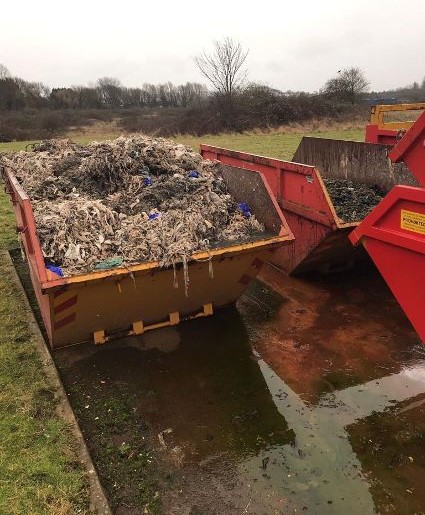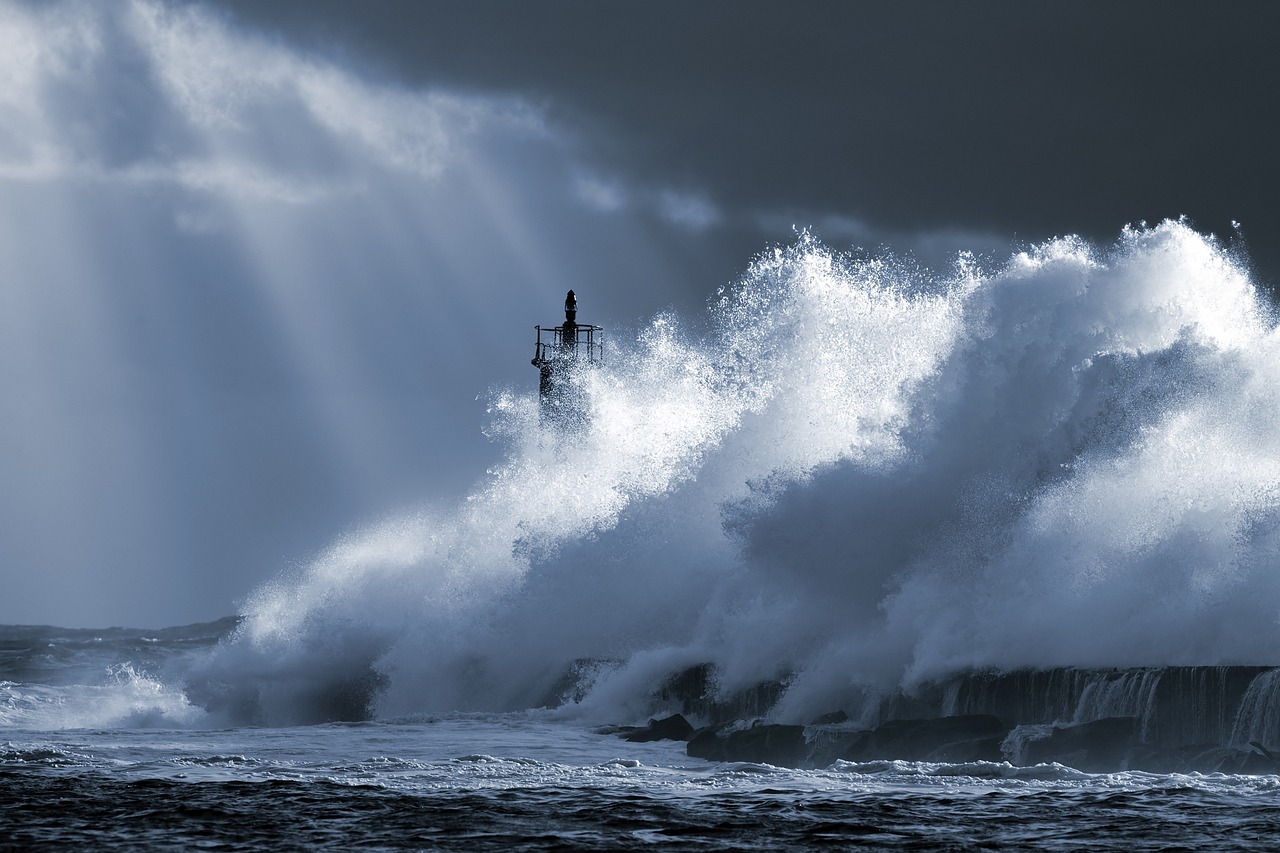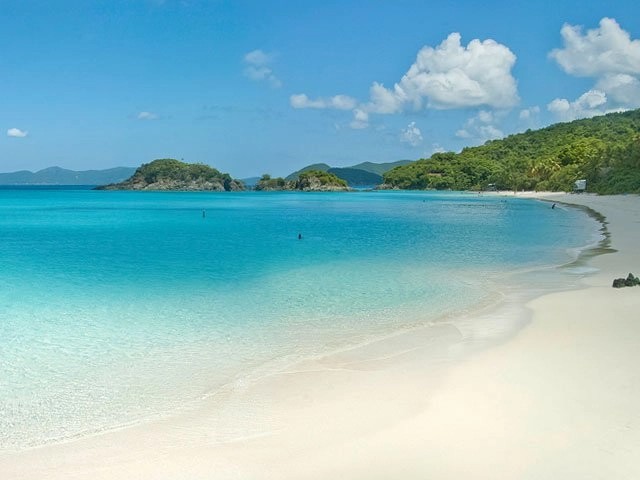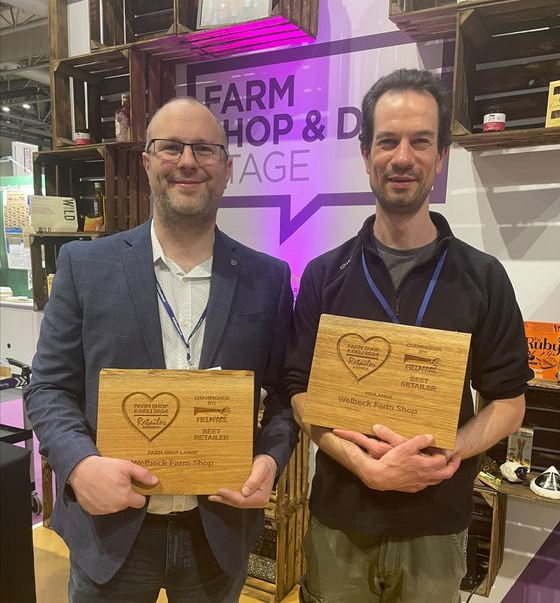Severn Trent Water have made the announcement that they are supporting the announcement by the government to ban all wet wipes containing plastic.
When disposed of down the loo rather than into bin, wet wipes become a main offender in the formation of blockages and fatbergs in the sewer network. Even some products that say ‘flushable’ or ‘biodegradable’ on the packaging don’t break down like toilet paper.
These blockages are entirely avoidable and can lead to sewage spilling out of manhole covers elsewhere along the network, or backing-up into peoples’ homes or gardens, which can be both unpleasant and costly to fix. Grant Mitchell, Blockages Strategy Lead at Severn Trent, said: “Every year our team removes 30,000 blockages from across our waste network, and each week we pull two and a half tonnes of wet wipes from our sewers, which is the same weight as a Range Rover.
“These blockages can cause costly problems for customers and the environment and can be major contributing factor in the formation of fatbergs. We absolutely welcome the government’s announcement as it will reduce plastics entering the environment through wastewater treatment sites, meaning that waterways and beaches will benefit from this ban.
“Whilst it’s good that there’s overwhelming public support for these proposals, what’s really important is for everyone to remember that only the three p’s - pee, poo and paper are flushed down the toilet. Ideally wipes, whatever they are made of, will go straight in the bin which will help the environment.”
To get people thinking about what should and shouldn't be put down the toilet and sink, Severn Trent is launching ‘Sewer Stories’, showcasing the work that waste teams do to keep sewers clear and some of the weird things they find down in the sewers, which has included everything from false teeth to car tyres.












